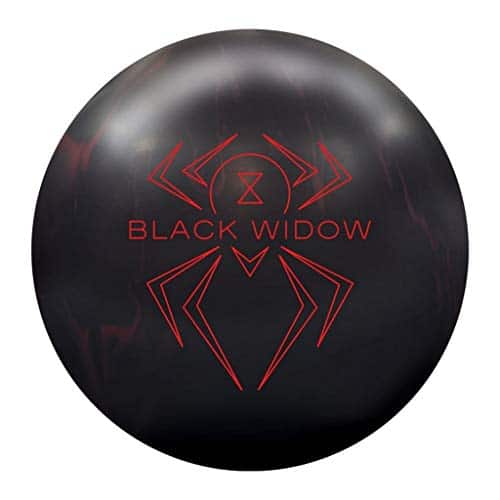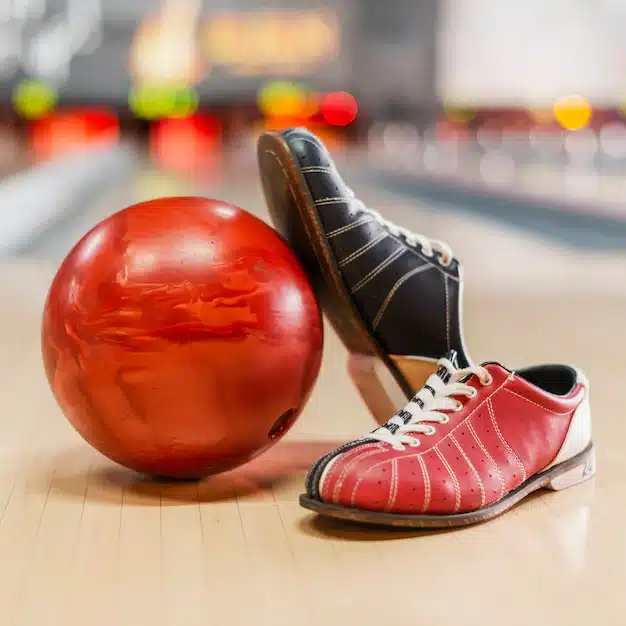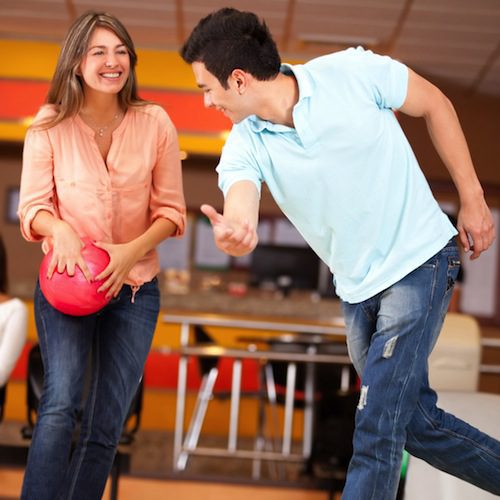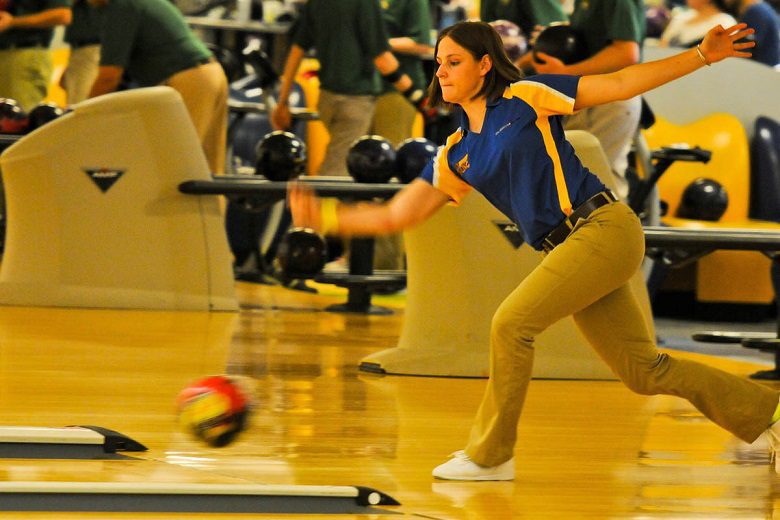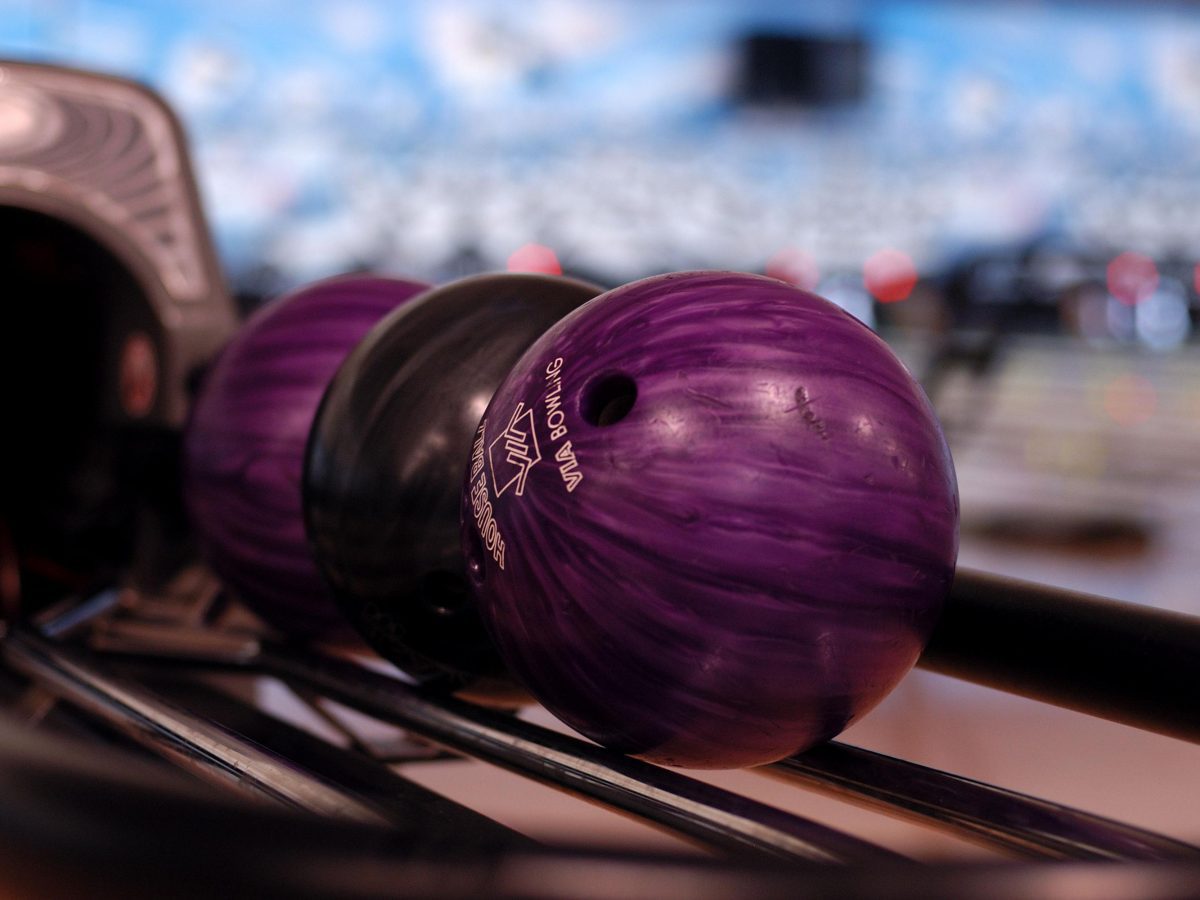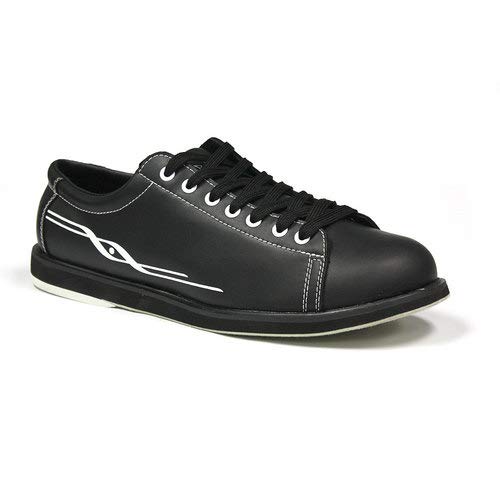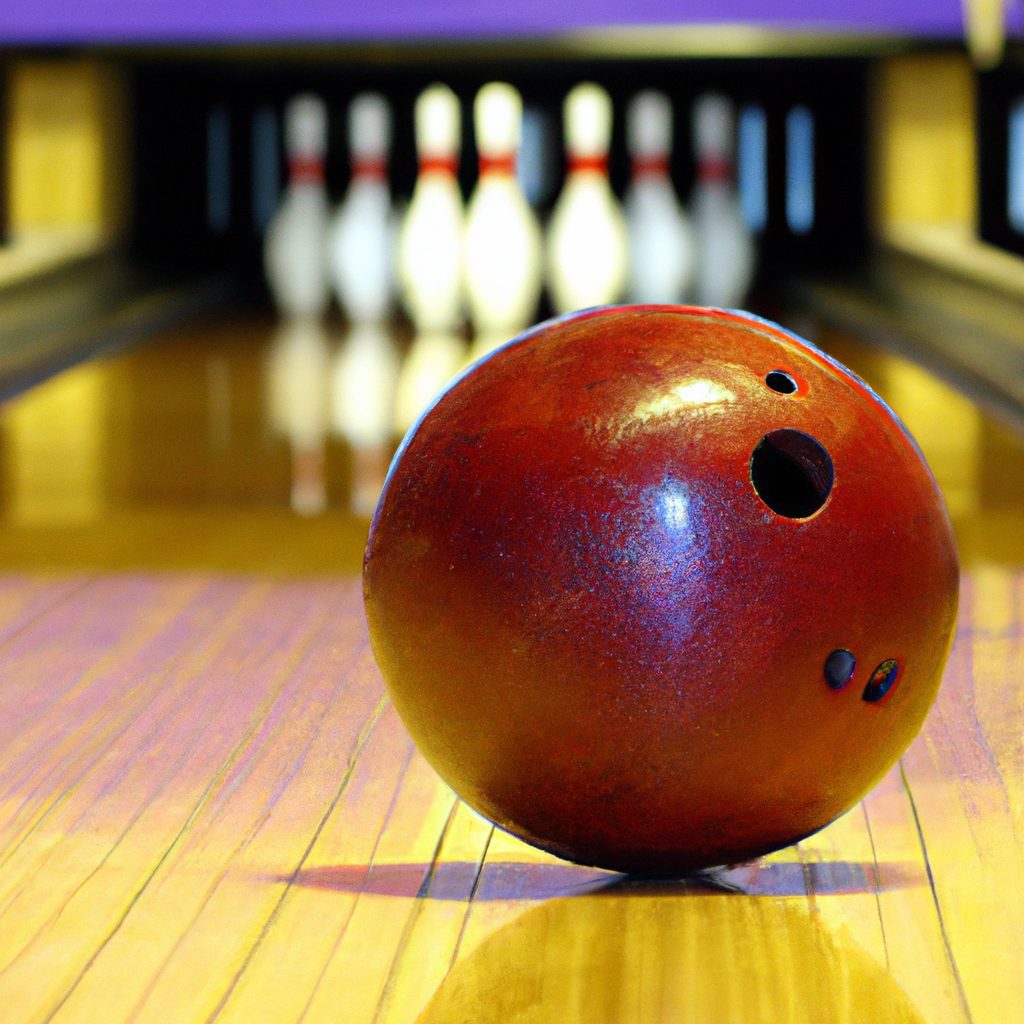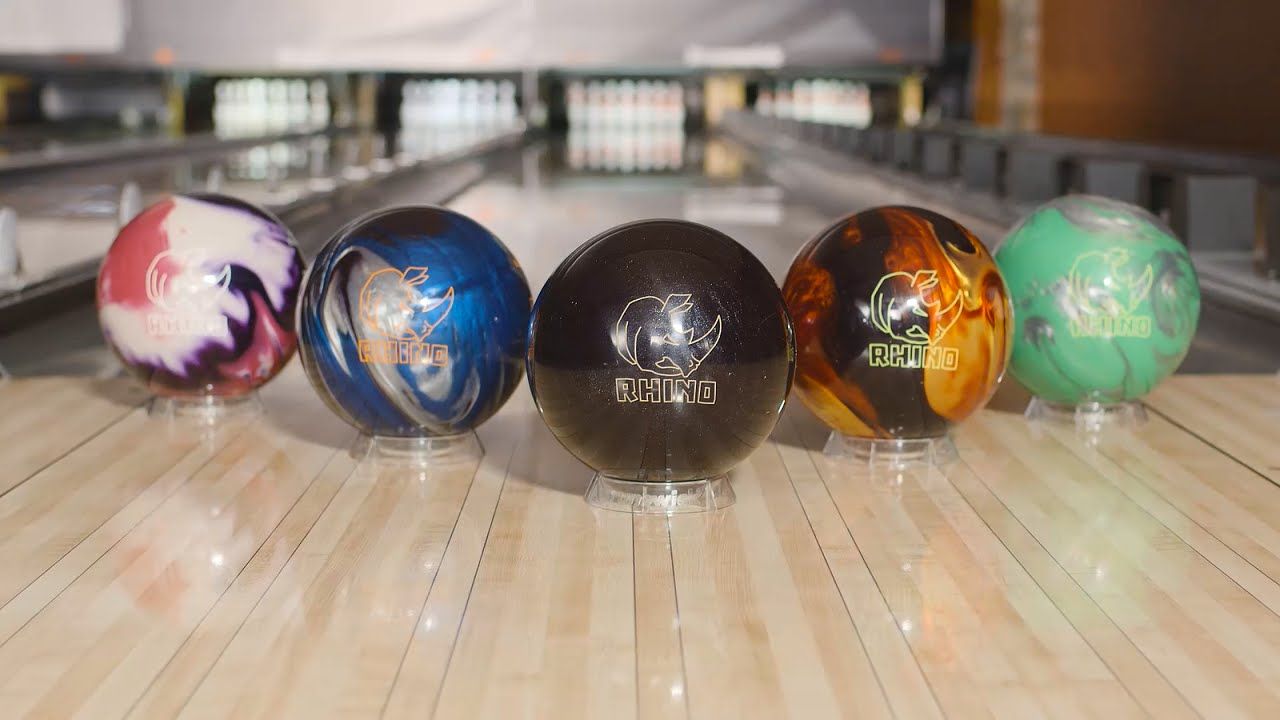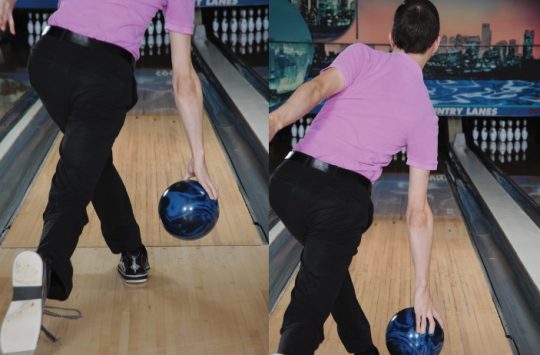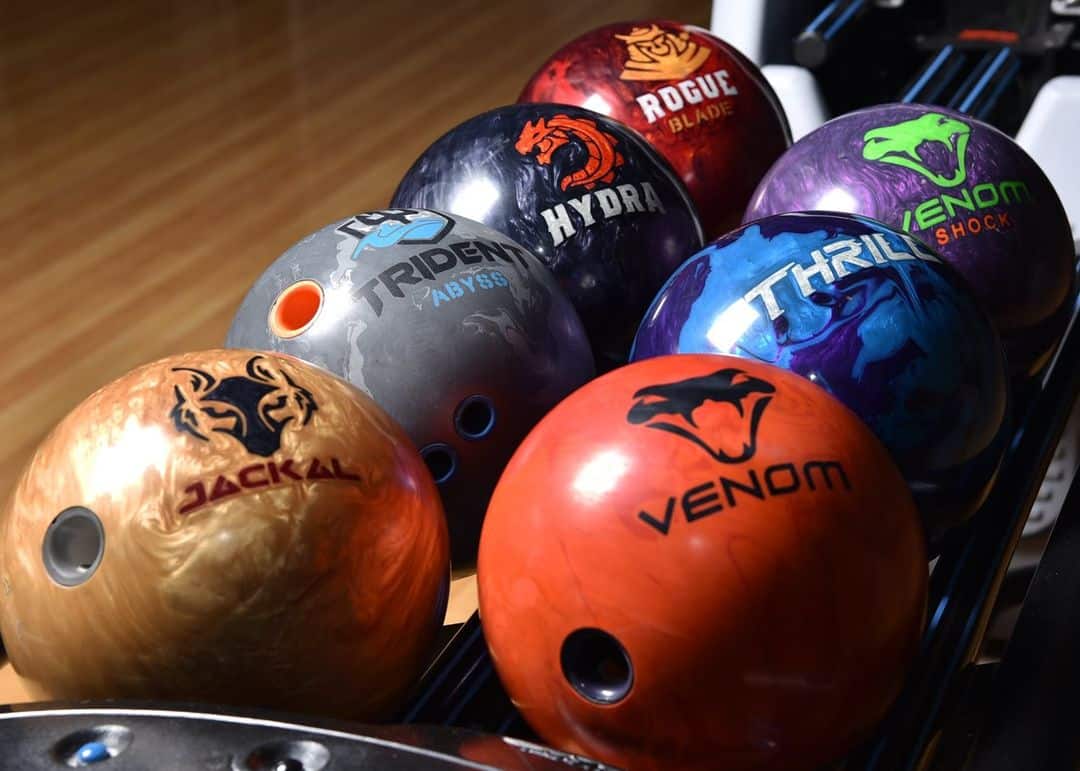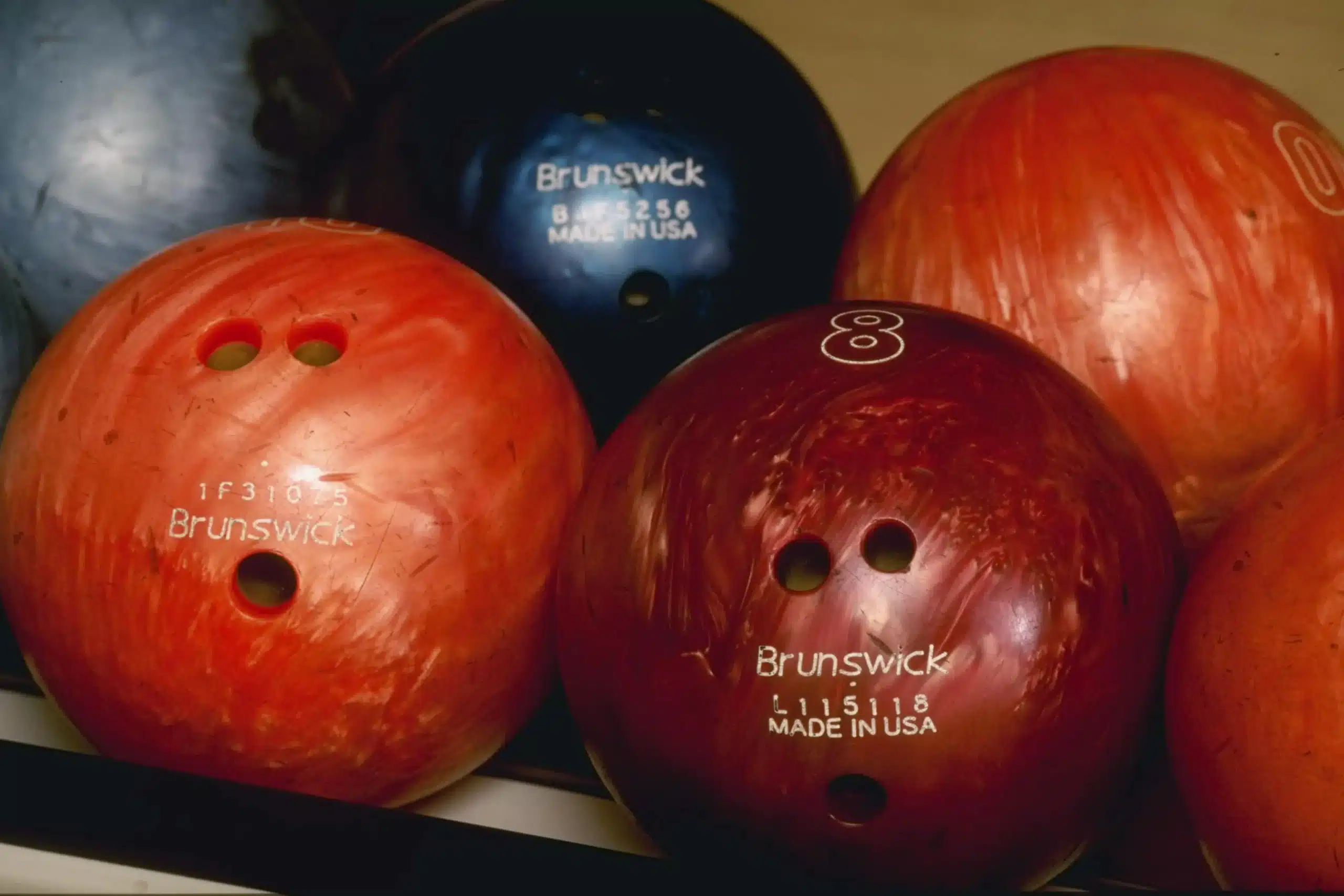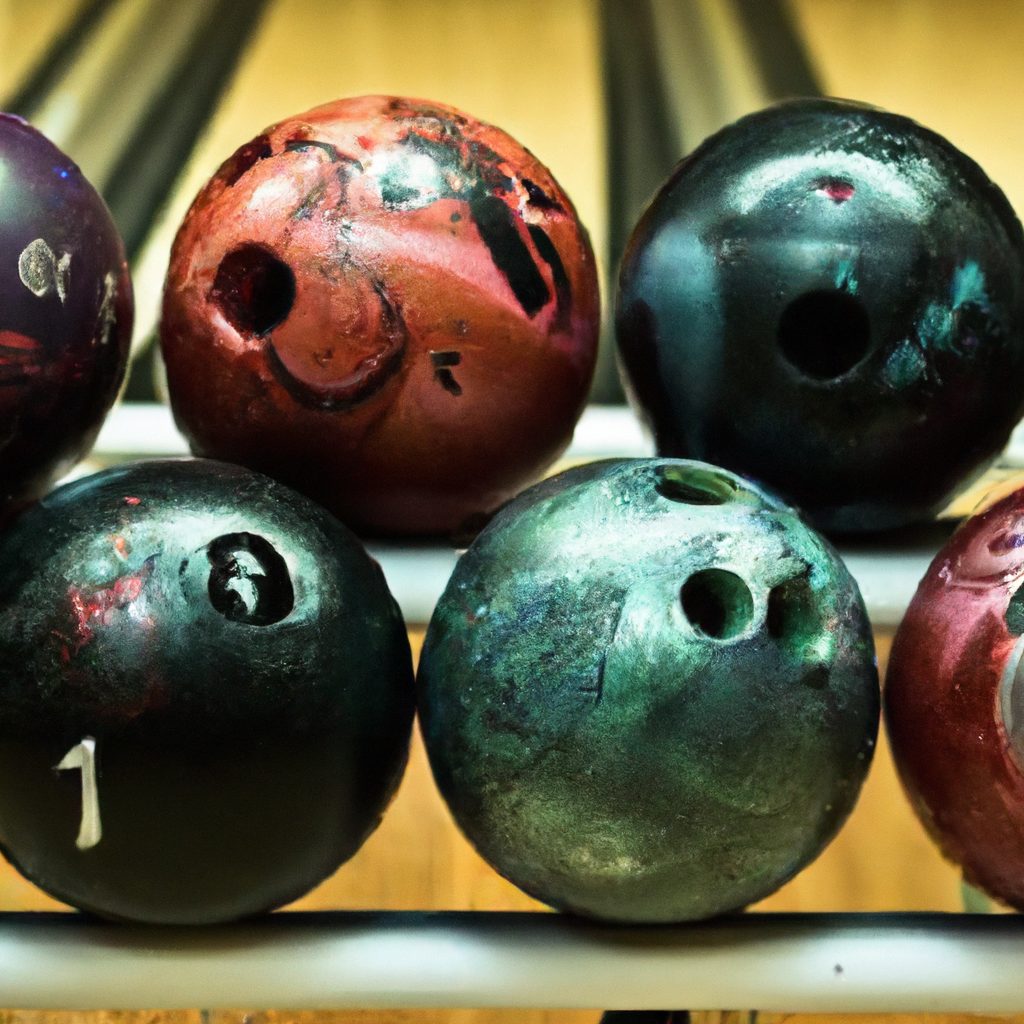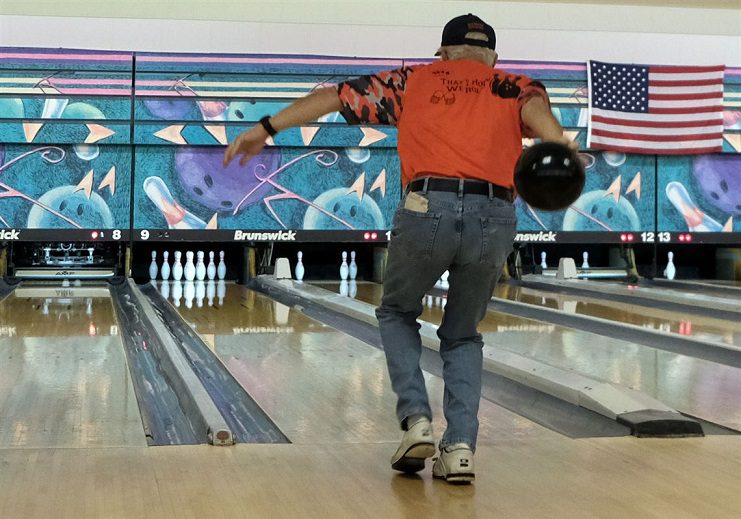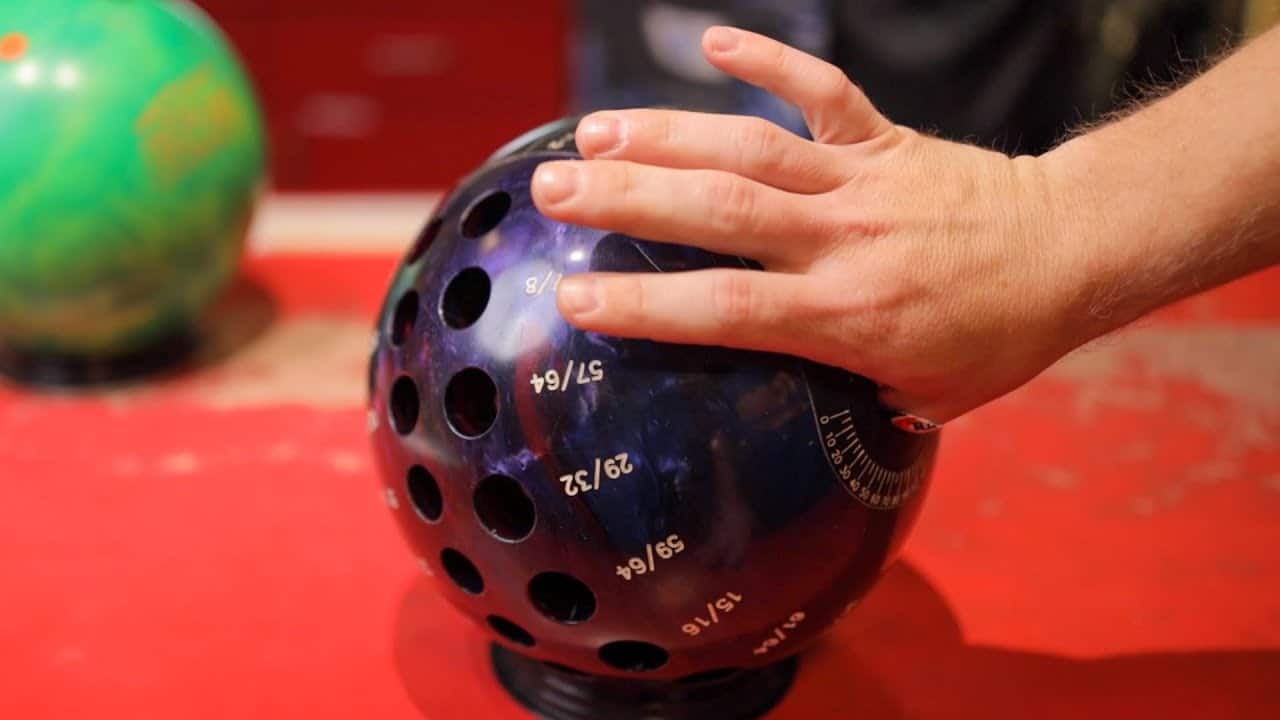Have you ever found yourself wondering how to bring a dead bowling ball back to life? Well, look no further because we have the answer for you! In this article, we will explore the various techniques and methods that can be used to revive a seemingly lifeless bowling ball. Whether it’s restoring its grip or reenergizing its power, we’ve got you covered.
So, if you’re ready to learn the secrets behind resurrecting a dead bowling ball, let’s get started!
Review contents
Assessing the Condition of the Bowling Ball
Checking for External Damage
When reviving a dead bowling ball, the first step is to assess its condition. Start by examining the ball’s exterior for any visible signs of damage. Look out for cracks, chips, or scratches that may have occurred during gameplay. These external damages can significantly affect the ball’s performance and should be addressed before attempting any other form of restoration.
Analyzing the Weight Block
The weight block, also known as the core, is a crucial component of the bowling ball, influencing its motion and lane performance. To assess the condition of the weight block, you can inspect it visually or seek assistance from a professional. Look for any signs of wear and tear, deformities, or shifts in weight distribution. Any issues with the weight block can significantly impact the ball’s overall reaction.
Examining the Coverstock
The coverstock is the outermost layer of the bowling ball, responsible for its grip on the lane and its interaction with the oil. Inspect the coverstock for any signs of wearing, cracking, or peeling. Over time, the coverstock may lose its original texture and require rejuvenation or replacement. Additionally, check for any oil absorption, as excessive oil on the surface can hinder the ball’s performance.
Rejuvenating a Dead Bowling Ball
Using a Ball Spinner
A spinner is one effective way to rejuvenate a dead bowling ball. A ball spinner is a device that rotates the ball at high speeds while applying different products to restore the surface. This process helps to eliminate oil absorption and revive the ball’s original hook potential. Using a ball spinner can achieve consistent results and breathe new life into your dead bowling ball.
Applying Bowling Ball Cleaner
Applying a specialized bowling ball cleaner is another method to rejuvenate a dead bowling ball. These cleaners are designed to remove dirt, oil, and other contaminants that may have accumulated on the surface. It is essential to choose a cleaner that is compatible with your ball’s coverstock material. By regularly cleaning the ball, you can enhance its performance and increase its lifespan.
Using Abrasive Pads
In some cases, the bowling ball’s surface may become dull and lose its intended reaction. To address this issue, you can use abrasive pads to restore the ball’s surface texture. Start with a coarser pad to remove any scratches or minor imperfections, and gradually move to finer pads for a smoother finish. This process not only rejuvenates the ball but also helps to maintain its optimal performance.
Repairing Minor Damages
Filling Small Cracks or Gouges
If you come across small cracks or gouges on your bowling ball, do not panic. These minor damages can be repaired to ensure the ball’s longevity. One method is to use a bowling ball repair kit, which typically includes a filler material that can be applied to the damaged area. Follow the instructions provided with the kit to fill and smooth out the cracks or gouges properly. This way, you can eliminate any potential issues arising from these damages.
Repairing Chipped Edges
Chipped edges are another common issue that can occur with bowling balls. To repair chipped edges, you’ll need a filler material designed explicitly for bowling ball repairs. Apply the filler to the chipped area and carefully shape it to match the rest of the ball’s surface. Once the filler has dried, sand it gently to create a seamless transition between the repaired area and the rest of the ball. This method ensures that the chipped edges do not affect the ball’s performance or pose any safety risks.
Fixing Loose Finger Holes
Over time, finger holes in a bowling ball may become loose, compromising your grip and control. You can use a specially formulated bowling ball repair glue to fix loose finger holes. Apply a small amount of the glue around the inside edges of the finger holes and let it dry according to the instructions. This process helps to secure the finger holes and prevents any further loosening. Remember to be cautious and avoid using excessive glue that may interfere with your grip.
Refinishing the Bowling Ball
Removing Surface Scratches
Surface scratches can gradually accumulate and affect the performance of your bowling ball. You can use a ball resurfacing machine to remove these scratches or consult a professional at a pro shop. The resurfacing machine carefully sands the ball’s surface, eliminating scratches and restoring its original texture. If you visit a pro shop, they will have the necessary equipment and expertise to achieve the desired results.
Buffing and Polishing the Ball
Once the scratches have been removed, it’s time to take the ball’s shine to the next level. Buffing and polishing the ball helps to enhance its aesthetic appeal and improve its overall performance. Using a ball polisher and a suitable polishing compound, gently buff the ball’s surface in circular motions. This process brings out the shine and leaves the ball looking brand new.
Applying a New Surface
Applying a new surface might be necessary if your bowling ball has severe surface damage or lacks the desired reaction. This involves resurfacing the ball and adding a new coverstock layer to restore its intended characteristics. Seek assistance from a professional or consult with a pro shop technician to determine the most suitable type of coverstock for your needs. Applying a new surface can significantly revive the ball’s performance and lifespan.
Reviving the Ball’s Reaction
Applying a New Oil Extraction Technique
Over time, bowling balls tend to absorb oil from the lanes, which can impact their reaction. You can use a new oil extraction technique to revive the ball’s reaction. One method is to immerse the ball in hot water for approximately 20 minutes to allow the oil to loosen. Afterward, use a specially formulated oil extraction cleaner to remove the released oil from the ball’s surface. This process helps to restore the ball’s original grip on the lane and enhances its overall performance.
Changing the Bowling Ball Layout
Changing the layout can give it a new lease of life if your bowling ball’s reaction is no longer suitable for your playing style. Consulting with a pro shop technician or a professional driller can help you determine the best layout for your desired ball reaction. You can alter the ball’s overall motion by altering the finger and thumb hole placement, mass distribution, and balance to your specific needs.
Adjusting the Surface Grit
The surface grit of a bowling ball plays a significant role in its reaction. You can experiment with adjusting the surface grit to revive the ball’s reaction. Using different grit sandpapers, you can remove or add texture to the ball’s surface to alter its hook potential. Coarser grit creates more traction, while finer grit creates less friction. You can maximize the ball’s performance by finding the optimal surface grit for your bowling style and lane conditions.
Preventing Future Damage
Proper Storage and Transportation
To prevent damage to your bowling ball, storing and transporting it properly is essential. Use a specially designed bowling ball bag that provides padding and protection. Avoid exposing the ball to extreme temperatures, which can cause structural changes. Additionally, prevent the ball from rolling freely in the trunk of your car by securing it with proper restraints. By taking these precautions, you can ensure that your ball remains in good condition for extended periods.
Routine Cleaning and Maintenance
Regular cleaning and maintenance are vital for preserving the performance of your bowling ball. After each game, wipe down the ball with a microfiber towel to remove dirt and excess oil. Avoid harsh chemicals or abrasive cleaners that can damage the ball’s coverstock. Having your ball professionally cleaned and resurfaced periodically is also recommended to maintain its optimal condition.
Regular Resurfacing and Refinishing
Like any other equipment, a bowling ball requires regular resurfacing and refinishing to sustain performance. Opting for professional resurfacing and refinishing services ensures that your ball maintains its intended reaction. Consult with a pro shop or a certified technician to determine the ideal resurfacing frequency based on your usage and lane conditions. This regular maintenance will help you avoid major repairs and prolong the lifespan of your bowling ball.
Seeking Professional Help
Consulting a Pro Shop Technician
If you are unsure about handling the restoration process yourself or encounter more significant issues, it is advisable to seek assistance from a pro shop technician. These professionals have extensive knowledge and experience in bowling ball maintenance and repairs. They can accurately assess the condition of your ball, offer personalized advice, and provide professional services to restore its performance. Consulting a pro shop technician can be incredibly helpful in ensuring the best results for your bowling ball.
Rejuvenation Services Offered by Manufacturers
Many bowling ball manufacturers offer rejuvenation services for their specific brands. These services typically involve professional cleaning, resurfacing, and refurbishing the ball. By availing of these manufacturer services, you can be confident that your ball is handled by experts familiar with their products’ specific requirements. This option is particularly beneficial if you want to retain your bowling ball’s original characteristics and performance.
Considering Rejuvenation Companies
In addition to manufacturer services, rejuvenation companies specialize in restoring and reviving dead bowling balls. These companies employ advanced techniques and equipment to bring worn-out balls to life. They offer various services, from deep cleaning and resurfacing to weight block adjustments and coverstock replacement. If your bowling ball requires extensive restoration or you are looking for expert-level rejuvenation, considering these specialized companies can be a viable option.
Using Dead Bowling Balls Differently
As a Spare Ball
Even if a bowling ball loses its original performance capabilities, it can still find a new purpose as a spare ball. Spare balls are specifically designed for shooting at pins that remain after the first ball roll. Their primary focus is accuracy and minimizing hook potential. A dead bowling ball can be drilled and customized as an efficient spare ball, allowing you to consistently pick up those tricky spares and improve your overall game.
For Drills and Practice
Dead bowling balls are perfect for drills and practice sessions. These balls can focus on specific aspects of your game, such as spare shooting or targeting challenging pin configurations. By utilizing a dead bowling ball for drills and practice, you can conserve your primary ball’s performance and make targeted improvements in your technique and accuracy.
Displaying as Memorabilia
Bowling is sentimental for many enthusiasts, and retired dead bowling balls can be cherished as memorabilia. Whether it reminds you of a significant achievement, a memorable competition, or the joy of bowling, displaying a retired bowling ball in your home or office can be a beautiful reminder of the sport’s impact on your life. Showcase it in a particular display case or on a dedicated shelf to keep the memories alive.
Recycling or Disposing of Dead Bowling Balls
Donating to Charity
If you no longer have a use for your dead bowling ball, consider donating it to a charitable organization. Many youth programs and bowling leagues are in constant need of equipment donations. By donating your bowling ball, you can help introduce the sport to new players and support the growth of the bowling community.
Seeking Recycling Programs
Recycling programs for bowling balls are becoming increasingly popular, allowing you to dispose of them responsibly. Some recycling programs specialize in reusing the materials to create new products, while others focus on repurposing the bowling balls for non-bowling-related purposes. Research local recycling options or contact bowling ball manufacturers to inquire about their recycling programs.
Proper Disposal
If no recycling programs are available in your area, it is crucial to dispose of your dead bowling ball properly. Avoid throwing it in regular trash bins as it may end up in a landfill and contribute to environmental pollution. Contact your local waste management or recycling center for proper disposal methods. They may be able to advise you on dedicated disposal sites or events for sports equipment.
Conclusion
Reviving a dead bowling ball is an art that requires careful assessment, restoration techniques, and, sometimes, professional assistance. Following the steps outlined in this article, you can breathe new life into your beloved bowling ball and enjoy its optimal performance on the lanes for years to come. Whether you choose to rejuvenate it yourself, seek professional help, or repurpose it, remember to approach the process with patience, diligence, and a friendly attitude toward the sport of bowling. Happy bowling!




![Spare bowling ball Top 10 in 2024. (reviews) Top 10 Best Spare Bowling Balls [2021 Reviewed]](http://landofbowling.com/wp-content/uploads/2021/07/Top-10-Best-Spare-Bowling-Balls-2021-Reviewed.jpg)






